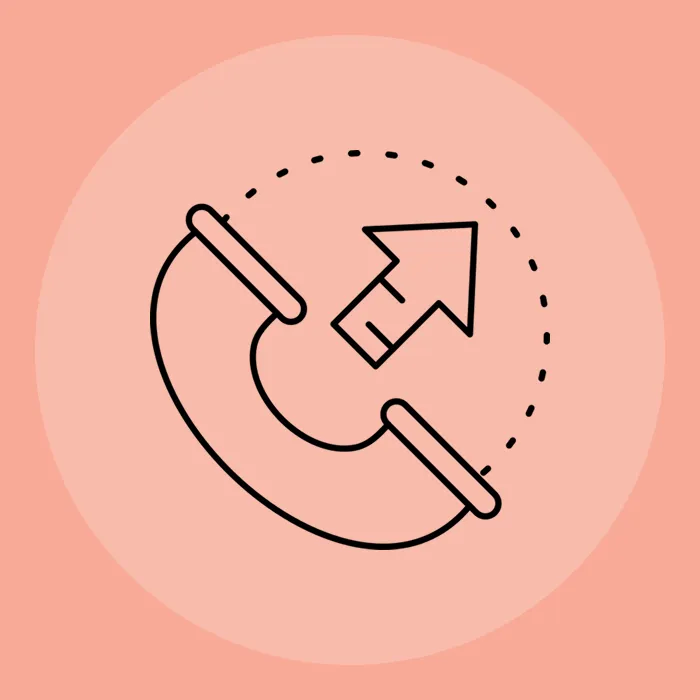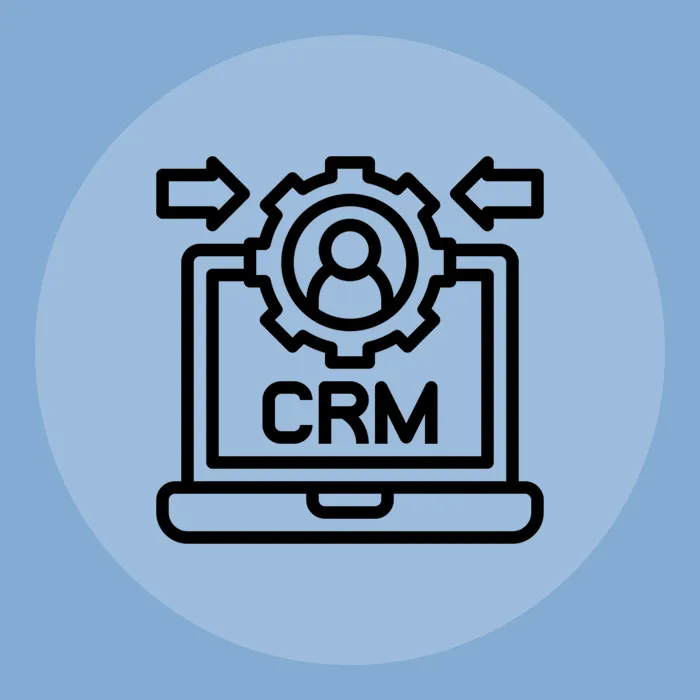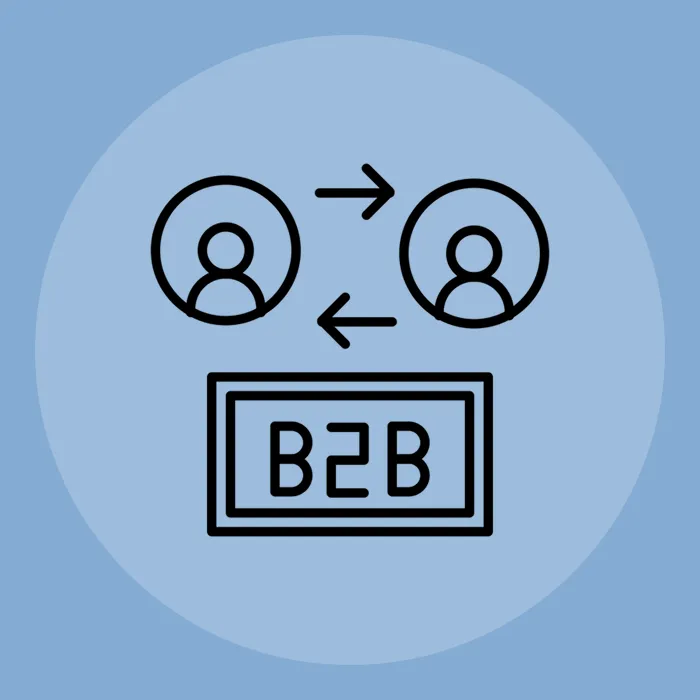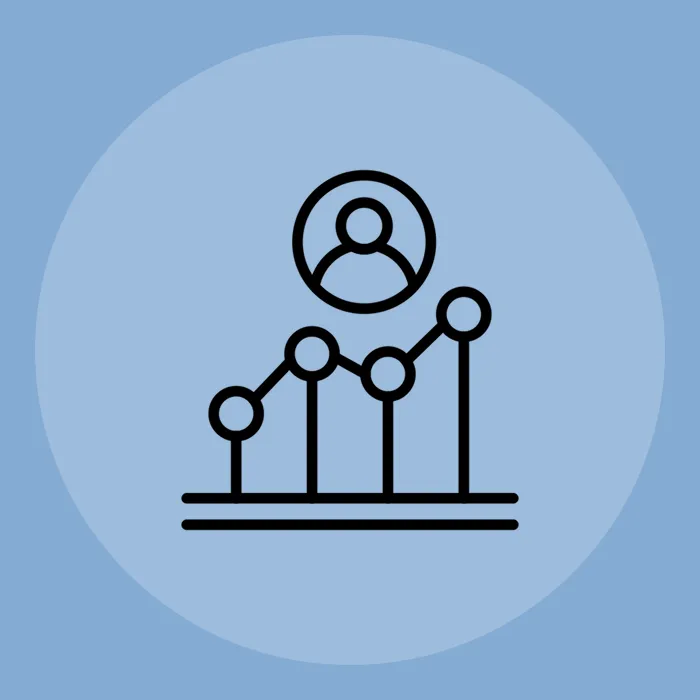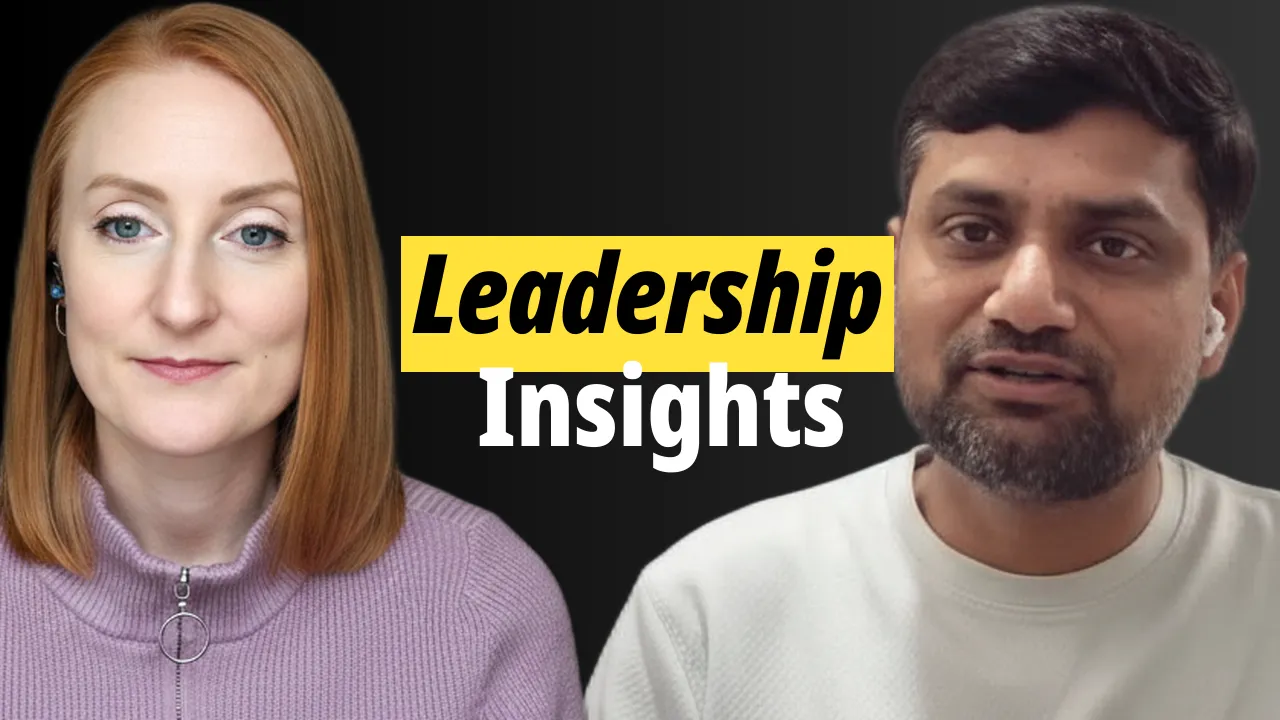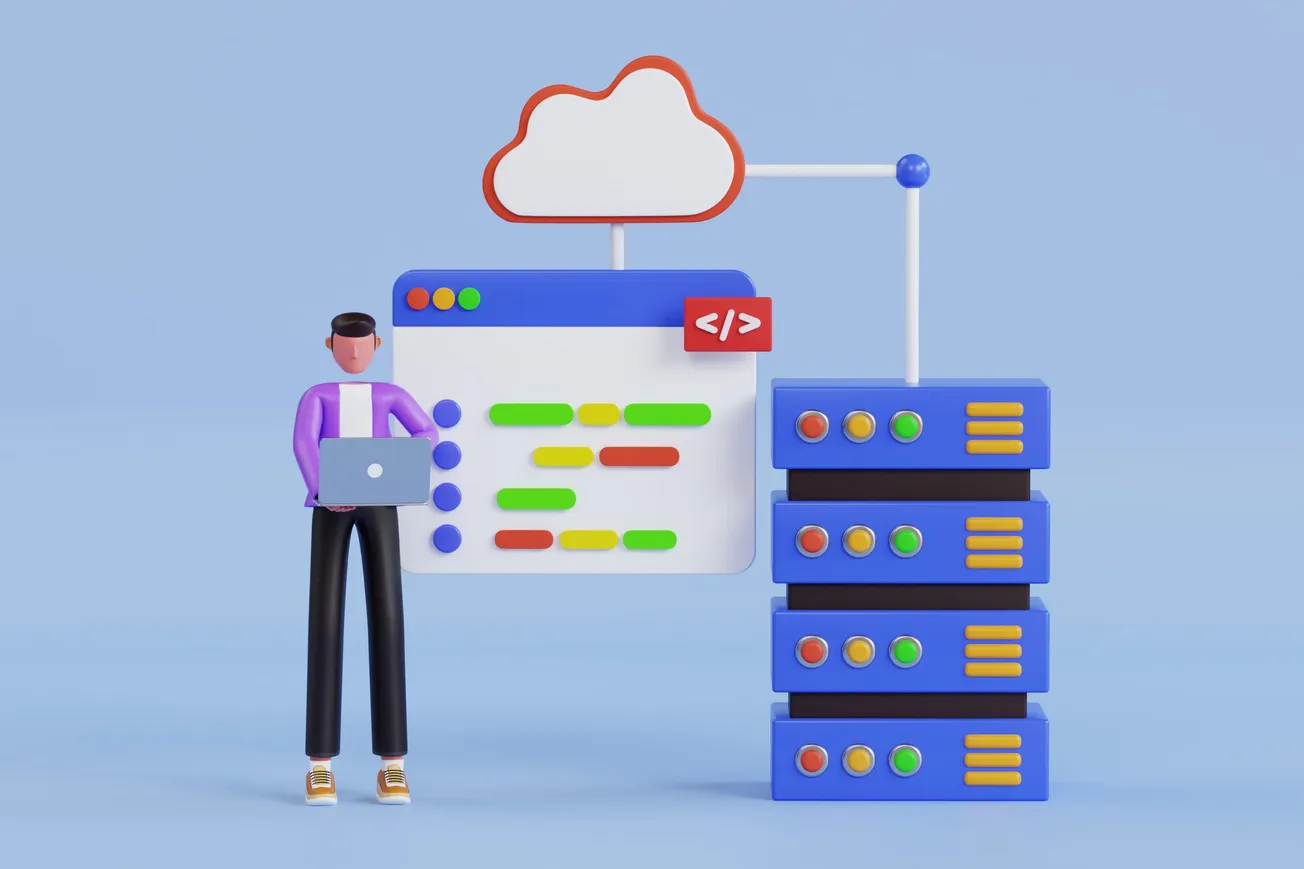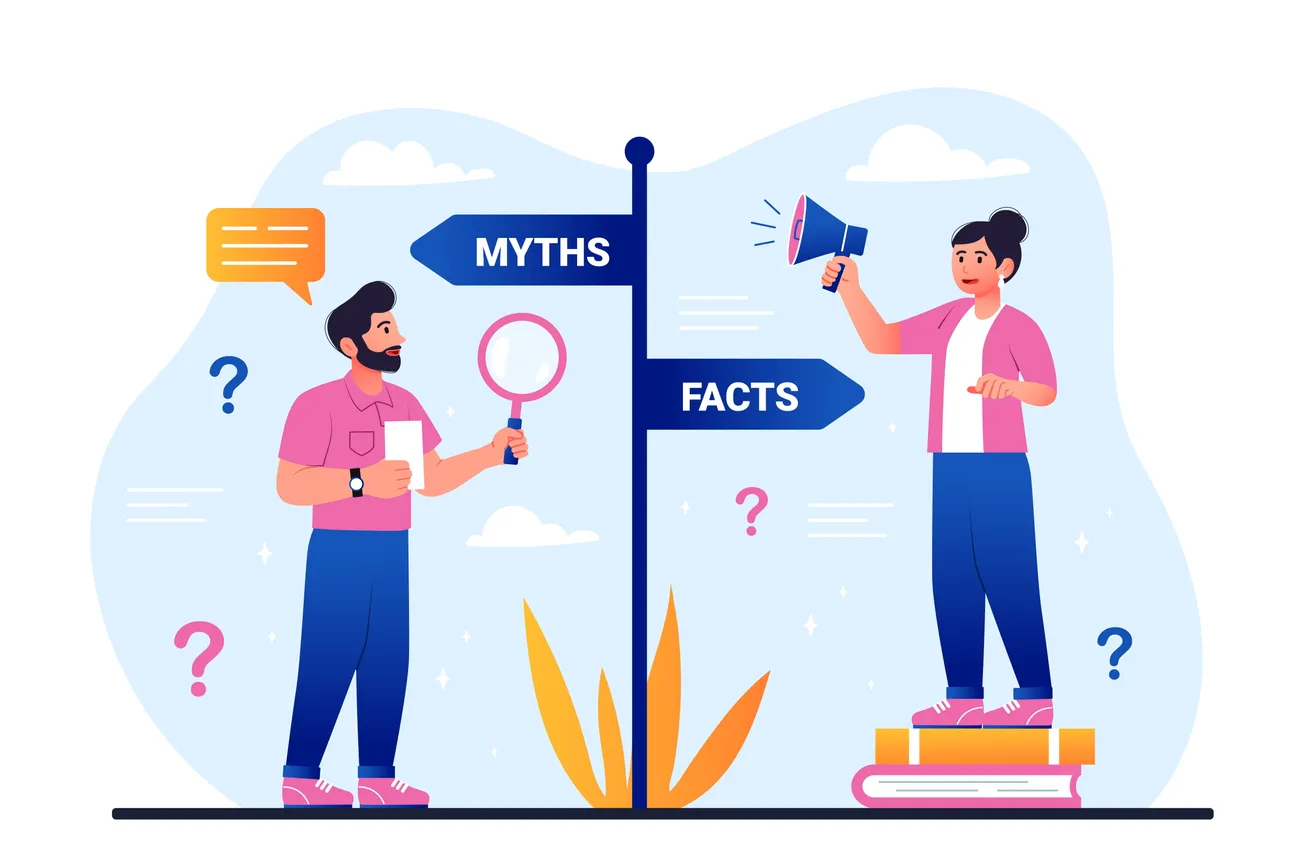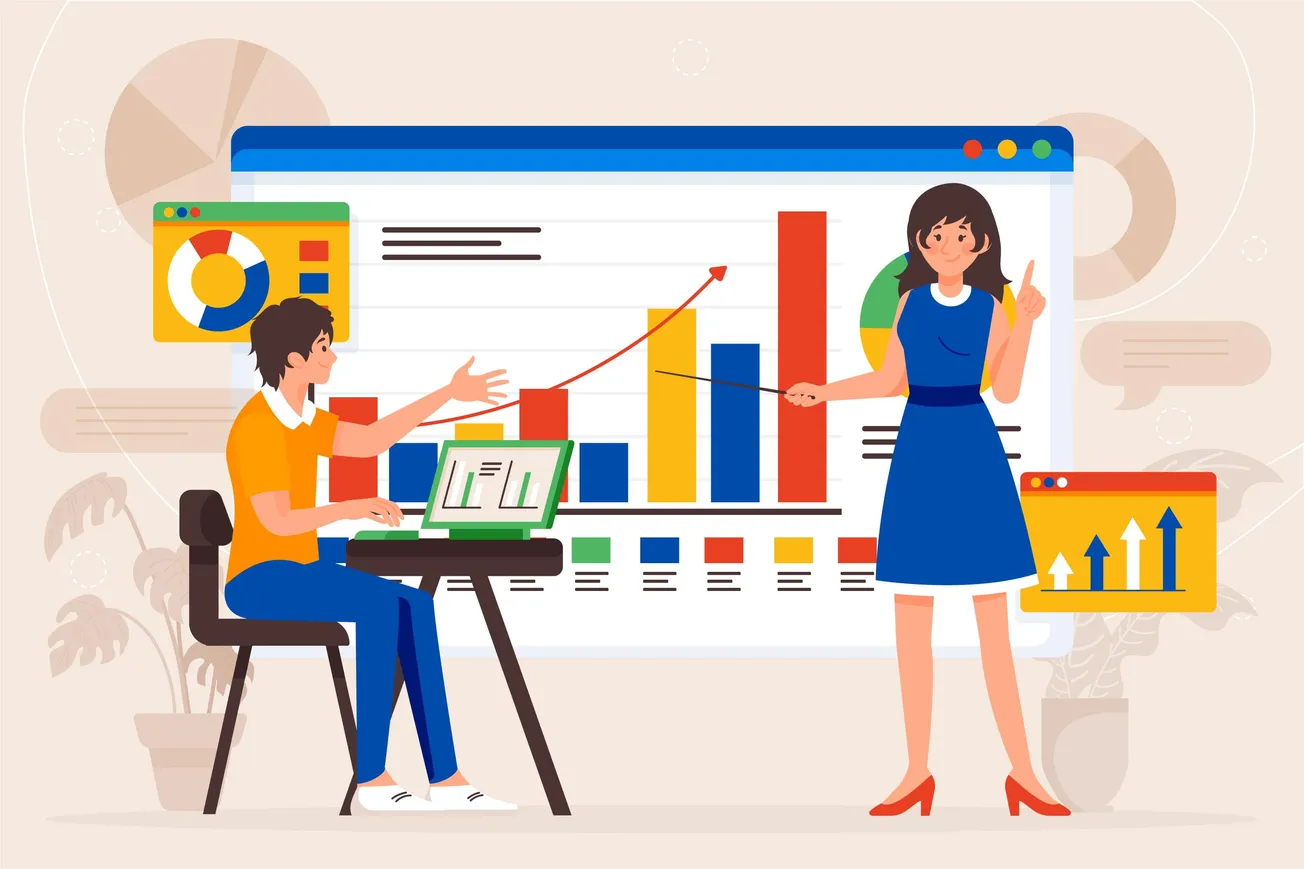Sales collaterals are efficient tools that can help you connect with your potential customers at different stages of the buyer's journey.
They're must-have tools in your arsenal as a sales professional. They help you tell your story, answer questions in the minds of your audience, and, ultimately, convince people that you're a better alternative in the market.
The days of impulsive buying are gone. Now, buyers do their homework before they interact with you. So, the sales collateral helps you minimize the friction in the buyer's journey and ensure your success.
For your sales collaterals to work, they must be smart, targeted, and timed just right. They should guide your potential customers at each step of the buyer's journey.
Let's talk about the noteworthy sales collaterals that you can use to supercharge your sales process.
What is the Buyer's Journey?
Understanding sales collaterals requires knowledge of the buyer's journey. So, let's discuss it first.
The process accompanying a purchase choice is a buyer's journey. You don't simply buy items on a whim. You consider different options, think about the issues they will assist you in resolving, and then decide.
From not even knowing you struggle with an issue to finally becoming a happy consumer, you go through several phases. This process is called the buyer's journey.
You must know about it to promote your solutions better and engage the right people. A standard buyer’s journey comprises three stages.
Awareness Stage
Your potential customers discover their problems or identify their goals in this stage. They start researching different solutions or ways to achieve their goals.
They start seeking relevant information that can help them solve their problems. They may not necessarily be looking for what you have to offer, so don't start pitching your solutions in this phase.
They want informative learning material from you that enables them to know more about their problems and find possible answers to questions in their minds.
Consideration Stage
Your audience has enough information about their pain points at this stage. Now, they're ready to consider different solutions. They're researching different alternatives and the best way to solve their problems.
Your audience also researches the credibility of different solution providers in this stage. They look for learning resources that help them evaluate different alternatives and the pros and cons of picking a particular solution provider.
Your audiences start narrowing down their choices in this stage. They may have particular criteria in mind or rank different options as per their preferences. The first one to connect with them gets a head start.
Decision Stage
This is the last stage. Your audience is almost ready to decide, but they still seek useful information. Anything that can make them feel confident in their choice would work and help you grab their attention.
They need a final push. Showing them how you helped people solve certain problems or sharing testimonials that showcase the positive experiences of your customer base may get the job done.
What is a Sales Collateral?
If you didn't know about the buyer's journey, now you do. Now, it'll be effortless for you to understand what sales collaterals are.
If we're to describe them simply, sales collaterals are marketing materials that support the sales process. You can think of them as any kind of content or tool that helps your sales team pitch your solutions to your audience better.
Sales collaterals don't just act as valuable resources for your sales teams to engage potential customers. They also help your prospects make informed buying decisions. You can have sales collateral for each stage of the buyer's journey. It's what makes them powerful tools in your arsenal.
Sales collaterals help you educate your target audience. Your potential customers learn about your solutions and their benefits. They also get to know how your products or services will solve their problems and learn how to make the most of your offerings.
Your sales collaterals also help you build trust and credibility. You get to demonstrate your expertise in helping your audience find the right solutions for the problems they face. Plus, a few of the sales collaterals have the potential to act as powerful lead magnets.
They minimize the friction from the buyer's journey and shorten the sales cycle by providing the right information at the right time to the right people. They help you engage your prospects better across all interactions.
Effective Sales Collateral for Business Success
Different types of sales collaterals can help you promote your solutions to the right audience and score conversions effortlessly. We'll discuss the noteworthy ones in this article.
1. Blogs
Blog posts serve as effective sales collateral. You use them to generate awareness about your brand and drive traction by covering relevant topics that align with your niche and your audience's pain points.
Blogs fuel your search engine presence. When you consistently publish quality content, it helps your website climb the search rankings, which organically brings in prospects who actively seek solutions for their problems.
Blogs help you establish thought leadership as you share relevant information and insights through your posts, showcasing your expertise. As a result, people start seeing you as a reliable source of information in your industry.
Blogs help you answer common questions and engage your prospects, moving them further down the sales funnel.
2. E-books
E-books are long-form downloadable guides or learning materials that discuss a particular topic in detail. They serve as excellent lead magnets, as they help you gather the contact details of your prospects.
You allow your potential customers to download them for free in exchange for the contact information, which helps grow your email list or contacts.
It won't be wrong to call e-books advanced versions of your blogs because they cover complex topics. A well-thought-out e-book can help you establish yourself as an authority. It provides value to your audience and demonstrates your resourcefulness.
3. Guides
Guides are a bit similar to e-books. What makes them different is that guides focus on providing step-by-step instructions to solve certain problems.
You offer actionable advice to your target audience and help them achieve their goals. This helps you establish a strong connection with your prospects and grow your goodwill.
You simplify complex processes into easy-to-follow steps. Plus, you can smartly integrate your solution as a key component in achieving the desired outcome. Just make sure that you're not being overly salesy.
4. White Papers
White papers are authoritative documents that address a particular problem or challenge that your target audience readily encounters. They often require heavy research followed by expert analysis.
White papers help you grow your credibility and thought leadership by multiple folds. They demonstrate your understanding of industry trends and ability to recommend viable solutions.
Particularly in the business-to-business sector, they function as trustworthy lead magnets. Regardless of the niche you choose, they assist you in drawing in serious customers.
Your team of sales professionals can also benefit from white papers. The sales collateral equips them with the data to back up their claims and win over potential customers.
5. Infographics
Visuals are the best way to educate your audience effortlessly. You make it easy for them to comprehend complex information. So, the interaction experience is seamless.
Infographics help you improve information delivery. Not all your potential customers may have the same level of acumen. So, you need to make things easy for them.
Infographics also help with the shareability of your content and improve your brand's visibility. People are more likely to share what you publish on social media, which increases brand awareness and helps you get more eyeballs.
6. Social Media Content
Speaking of social media, it's where you can interact with your prospects casually. You can respond to their queries and cater to their feedback about you. You can also share relevant posts, product updates, demos, useful articles, and so much more.
Your social media posts help people get to know you better. A lot of people do their research on social media when they are making certain buying decisions. So, your content will help you grab their attention.
You can also engage your audience and build a community around your brand. Social media provides you with an opportunity to connect with your audience at a personal level. You act as their guide, not as a business that promotes its solutions. You build lasting relationships with them and generate quality leads for your sales funnel.
7. Landing Pages
You create landing pages to share the targeted information and promote your solutions on your website by highlighting their features or capabilities. They help you set yourself apart from other alternatives and allow your audience to understand who you are as a brand.
You usually use landing page building tools to create landing pages to capture leads or drive a specific action. Generally, this action routes your audience to a lead magnet. So, it all comes down to scoring conversions.
Just be sure that when you create these pages, you're not just advertising your solutions. The information you present in these pages will justify why your audience should select you over competing services.
8. Product Demos
Product demos highlight how well your solutions work. You can either record them for on-demand viewing or perform them live. This type of content highlights your advantages over competitors and highlights your strengths.
You bring your product to life and demonstrate its value to your audience, helping them with their purchase decision. People are generally concerned about making poor buying choices. Through demos, they experience your product firsthand and get a better idea of whether or not it is the right solution for them.
You answer the questions in the minds of your prospects in a visually engaging way. It makes product demos powerful tools in the consideration stage of the buyer's journey. They're a must-have sales collateral when you deal in complex or contemporary solutions.
9. Product Reviews
This is a bit of a grey area when it comes to sales collaterals because you compare your solutions with other alternatives. So, the chances of you being biased are quite high.
However, if you overcome that feeling of rating your solutions number one all the time, product reviews can be excellent sales collateral in the consideration stage of the buyer's journey.
People generally compare different solution providers before they make up their minds. Unbiased product reviews can help them assess your strengths and weaknesses. Your audience can easily compare your capabilities with other alternatives, which helps them find the right solution.
It can make a big difference to publish objective product reviews. You can highlight your unique capabilities and get a competitive advantage.
10. Case Studies
If your demos showcase your product's functionality, case studies will reflect its efficacy. You display how your product has helped your customers solve their problems through real-life scenarios.
It makes case studies an effective sales tool for the buyer's journey's consideration phase. You show how your solutions work in actual situations, which serves as the last push for your audience to decide.
By highlighting various use cases, you demonstrate the value of your solution to your prospects and how it compares with other alternatives.
11. Customer Reviews or Testimonials
Let's talk about social proof now, as it's a very useful tool for scoring conversions in the decision stage of the buyer's journey.
People rely on the recommendations of others all the time in order to make buying decisions. They want to know the experiences of others with the solutions you offer.
Your customers publish testimonials through online communities and rate your solutions on relevant platforms. If you're not using their positive experiences to fuel your social proof, you're missing out on huge conversion margins.
It's technically user-generated content that you can publish on your website or social media pages. Your satisfied customers can influence your prospects. Their positive experiences give your new clients the assurance they need to make the buying decision.
12. Playbooks and Battle Cards
A sales playbook is a very useful tool for your sales team. You can efficiently train your team on your product, procedures, and tactics. The sales collateral can, therefore, be a very useful tool for effective selling.
On the other hand, battle cards help your team map your strengths and weaknesses with those of your competitors.
So, they are both great learning resources for your sales team. They serve as an amazing tool that improves your sales efficiency and boosts your close rates.
13. Email Templates
Email templates are excellent sales tools that speed up your communication with both present and potential customers. You can alter these pre-written messages to suit your communication requirements.
They improve your sales performance and save you time. Instead of starting from scratch when writing emails, you can quickly customize pre-written messages and engage with your target audience.
When interacting with your customers, they support you in keeping your brand voice consistent. You can nurture leads, give your recipients useful information, and help them along the buyer's journey with ease.
Over to You
In this post, we talked about a few of the efficient sales collaterals that can help you boost your conversions and grow your customer base.
We talked about collaterals that serve as efficient tools in different stages of the buyer's journey and shared with you their benefits for your prospects and your team.
Sales collaterals amplify your ability to close. They help you convey your message efficiently and engage your target audience.
You educate not just your potential customers through your sales collaterals and generate brand awareness, but you also train your sales team and ensure an efficient sales process.
If you didn't know how important sales collaterals are when it comes to growing your business, now you do.



